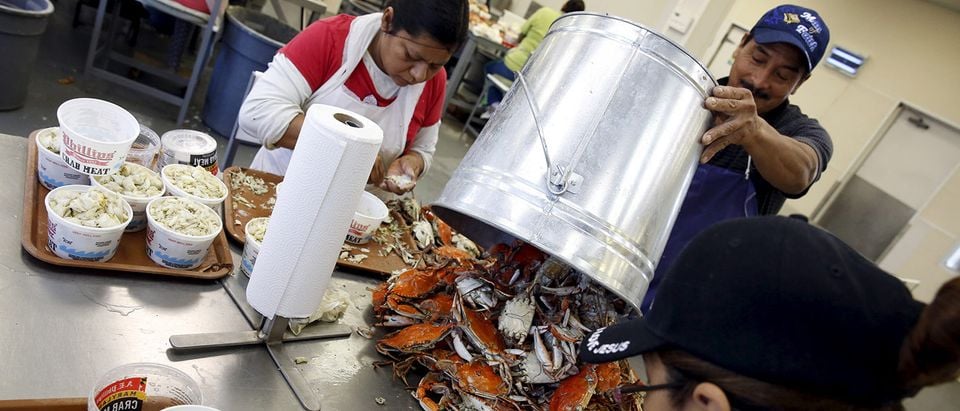In 2019, people working outside their homelands sent $554 billion of their earnings back to their native countries. Nearly all of this cash flowed from developed nations to less developed ones. The $554 billion in remittances eclipsed the total of all foreign investment in these receiving nations, and three times the amount these nations received in foreign aid.
Then came the COVID-19 pandemic. The global health crisis touched off a global economic crisis, resulting in millions of lost jobs and restrictions on travel that make it difficult for foreign workers to get to a job in another country, even if one is available. For countries like the United States, the long-term impact of millions of foreign workers – legal and illegal – and the resulting loss of job opportunities and wages for native workers and the outflow of $150 billion each year is a problem.
For the receiving countries, the 20 percent decline in remittances that the World Bank estimates will result from the global economic crisis is a disaster – national and personal. For governments – many of them barely functioning even before the pandemic hit – the decline in remittances could threaten even the most minimal service they provide to their populations. On a person level, as the World Bank’s David Malpass warns, “Remittances help families afford food, health care, and basic needs.”
The current pandemic has clearly exposed the fact that reliance on remittances, though expedient, is detrimental to both the countries that host large numbers of foreign workers and the countries that send their most able workers abroad and wait by the mailbox for the remittance checks to arrive.
For host countries like the United States, the cumulative trillions of dollars sent abroad by foreign workers represents lost economic expansion that might have occurred had that money stayed home. In addition to lost job opportunities and wages for American workers, remittances sent abroad mean lost tax revenues for state and local government that finance vital public services and projects from taxes on money spent locally.
The consequences are even worse for the countries that export their workers. Rather than staying home and committing their knowledge and sweat to developing the economies of their homelands, they take their skills abroad and send home only the byproducts of their efforts. That model is expedient only so long as there is a foreign market for their labor. For many countries on the receiving end, remittances now account for substantial portions of their GDP.
Inevitably, there comes a time when the market for that labor dries up – whether it is the normal ups and downs of global economies, or an unforeseen economic upheaval brought on by a pandemic or some other such crisis. When that happens, the remittances that keep struggling economies and family members back home afloat, dry up as well.
Because many countries have eschewed the sorts of economic and political reforms necessary to develop thriving economies, and opted instead for a model that relies on remittances, they have nothing to fall back on in times of global crisis. The ironic effect of declining remittances due to Third World expatriates losing jobs, is likely to be even greater surges of economic migrants in search of a shrinking pool of jobs in developed countries.
A remittance-based economic model amounts to a lose-lose proposition: lost capital and jobs on one side of the equation, and lost development opportunities and unhealthy dependence on the other. The current global crisis will no doubt impose the greatest hardship on less developed nations that have come to depend on remittances. But it is also an opportunity. Recognizing the tenuousness of a remittance-based economic model, the crisis can be a chance for developing nations to focus on reforming political and economic systems, and investing in domestic production.
Likewise, the pandemic and its economic fallout is an opportunity for countries like the United States. It is a chance to end our addiction to low-wage foreign labor and invest in workers who have been idled by the economic crisis as well as those who have been marginalized by decades of reliance on foreign labor. And it is an opportunity to encourage reforms and development in the sending nations, rather than enabling the status quo.
In a global economy, there will always be legitimate circumstances in which workers from one country fill jobs in another. But exporting workers and importing remittances is not a viable or healthy economic model. It is an unsustainable scheme whose flaws are again being exposed by the current global crisis.
Ira Mehlman is media director at the Federation for American Immigration Reform (FAIR).


